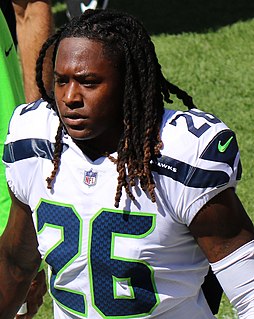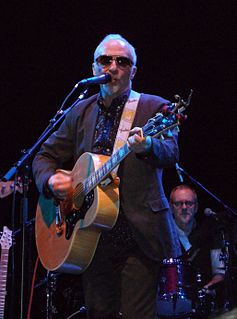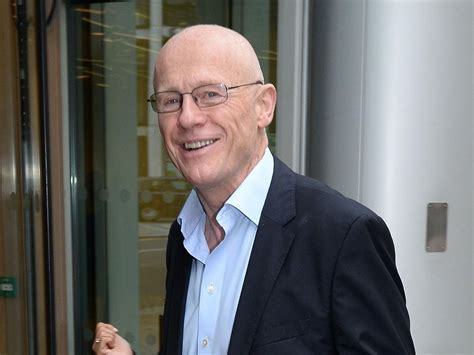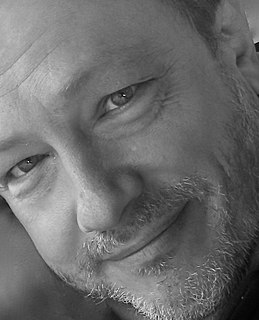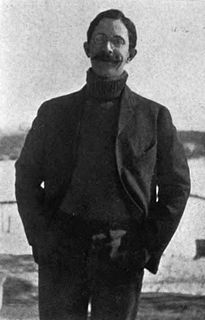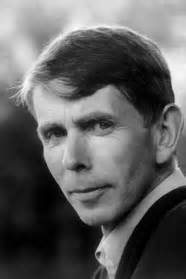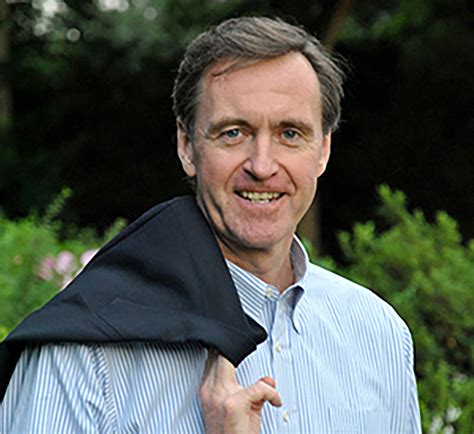A Quote by Geoff Capes
During my early days as a sportsman and early career as a policeman, things were tight. In athletics I competed as an amateur and, although I might have received some expenses, very little came my way in earnings.
Related Quotes
I think in the early part of my career, the roles were so disparate that it never gave anybody an opportunity to understand my essence and what I would be good at doing, as opposed to what I would not be good at doing, so these little moments of beautiful things that were happening to me were consistent, but very few and very far between.
Early on I came to realize something, and it came from the mail I received from kids. That is, kids at that pivotal age, 12, 13 or 14, they're still deeply affected by what they read, some are changed by what they read, books can change the way they feel about the world in general. I don't think that's true of adults as much.
When I was a kid, a lot of my parents' friends were in the music business. In the late '60s and early '70s - all the way through the '70s, actually - a lot of the bands that were around had kids at a very young age. So they were all working on that concept way early on. And I figured if they can do it, I could do it, too.
My father was a very good amateur pianist, and he had a collection of books on technique. One of the things he had was a small volume of exercises by Rudolf Ganz, in which Ganz mentions the pedagogical work of the Swiss composer, Émile-Robert Blanchet, who wrote a ton of polyphonic exercises for one-hand. These exercises were a great help for finger independence, which I acquired early on. This might have given me somewhat of an edge, a facility to be able to knock any obstacle that was in my way.
It never was my thinking that made the big money for me. It always was my sitting. Got that? My sitting tight! It is no trick at all to be right on the market. You always find lots of early bulls in bull markets and early bears in bear markets. I've known many men who were right at exactly the right time, and began buying or selling stocks when prices were at the very level which should show the greatest profit. And their experience invariably matched mine--that is, they made no real money out of it. Men who can both be right and sit tight are uncommon.
The church is like any large corporation in one respect. In its early days, either the early church or the early years of Microsoft, you see all kinds of creativity, innovation, invention, people have nothing to lose, they're trying to find what works. Then you wake up and you're a vast enterprise, and it's very hard, when you have all kinds of buildings and structures and hierarchy and so on, to hang on to these very creative impulses that helped you get your great success in the first place. As a church we're going to have to figure a way out from under this.
There is never any ending to Paris and the memory of each person who has lived in it differs from that of any other. We always returned to it no matter who we were or how it was changed or with what difficulties, or ease, it could be reached. Paris was always worth it and you received return for whatever you brought to it. But this is how Paris was in the early days when we were very poor and very happy.



